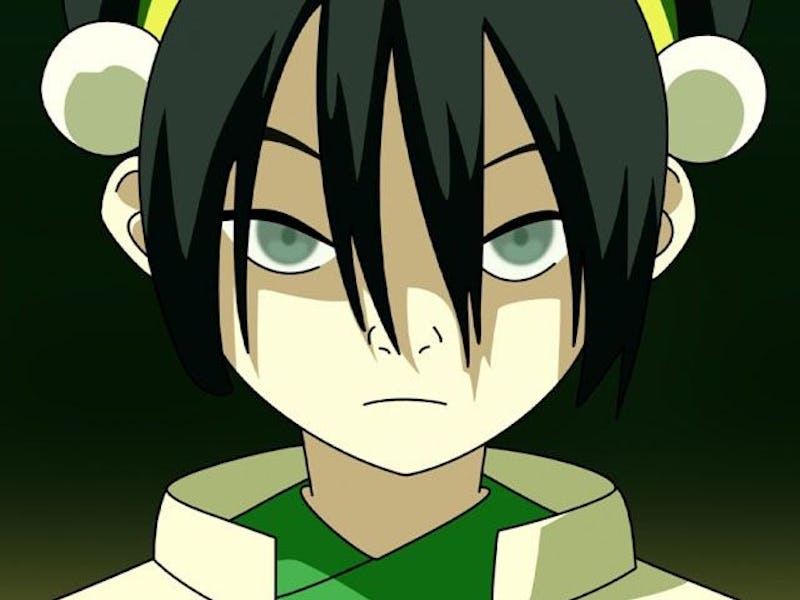Legend of Korra ruins the best character in Avatar: The Last Airbender
The sequel series is almost perfect, but there's one glaring issue.

I love The Legend of Korra. I loved it in the early 2010s when Nickelodeon first released the sequel to Avatar: The Last Airbender, revealing the next chapter for the show's once-in-a-generation hero. And I love it now as I rewatch Korra on Netflix. But there's one thing about the show that bothers me a lot more now than it used to: Toph Beifong.
The Legend of Korra skips over decades of history before doubling back with flashbacks and exposition to reveal what happened to all our favorite Last Airbender characters. Katara, Sokka, Zuko, and Avatar Aang all lived rich lives that resonate with the characters we know and love, but Toph's trajectory doesn't just miss the mark, it feels out of touch and politically insensitive in 2020.
As we learn in Season 1, after Aang united the world and established Republic City, Toph became the city's first chief of police. Or, as Linda H. Cogan recently put it in an article for Tor: "Toph invented cops."
Police Chief Beifong in a 'Korra' flashback.
The Republic City P.D. isn't some idealized version of the police. Instead, it's one that feels painfully accurate today. In Season 1 Episode 8 of Legend of Korra, we watch the police enforce an illegitimate curfew against non-benders (a disproportionate response against a small terrorist cell called the Equalists). The police cut off power to parts of the city for no reason and threaten to arrest the peaceful protesters who rally in response as Republic City's leader looks on in amusement.
If that doesn't sound familiar, you probably haven't been following the news for the last few months. Peaceful Black Lives Matter protesters in New York were brutalized and arrested by the police for breaking a curfew imposed in response to a small group of looters. In the U.S. capital, President Trump's forces used tear gas and violence to disperse a similar protest in the middle of the day so he could pose for cameras in front of a church.
What does this have to do with Toph Beifong? While The Legend of Korra's decision to depict police brutality against peaceful protests is impressive (especially for a quote-unquote "kids' show"), the decision by the show's creators and head writers Bryan Konietzko and Michael Dante DiMartino to turn Toph into a symbol of that systemic oppression reveals how little they understood her character.
Toph in 'The Last Airbender.'
Throughout Avatar: The Last Airbender, Toph rejects all forms of authority. She's a freethinker and sometimes even a criminal. The idea that she would pivot seamlessly to enforcing the law makes no sense at all. Instead, Legend of Korra turns Toph into a plot device, squandering the opportunity to explore who her character might have actually grown up to become. (I'm aware that Korra eventually meets an elderly Toph, but it barely reveals anything about the Last Airbender's life in the time between the two shows.)
Aang grows up to be an idealistic but flawed leader. Zuko guides his people through new hurdles as Fire Lord. Katara becomes the greatest waterbender in the world (she's also reduced to being a matronly figure, rather than a fierce warrior, but that's a complaint for another time). But Toph invents cops, and in doing this to her character, the show's creators corrupt her character, permanently staining it with the blood of police brutality.
Other than that, though, it really is a great show.
The Legend of Korra is streaming now on Netflix.
This article was originally published on